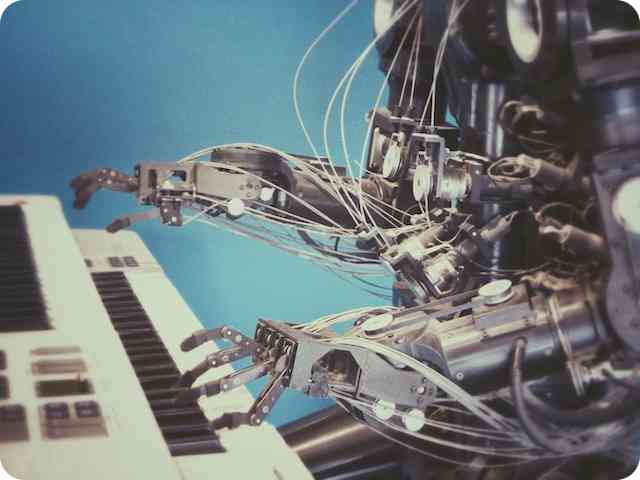10 Jobs Most Vulnerable to AI Disruption: Is Your Career on the Line?
10 Jobs Most Vulnerable to AI Disruption: Is Your Career on the Line?
In an era of rapid technological advancement, artificial intelligence (AI) has made its presence felt in almost every sector, changing the way we work and reshaping the job landscape. While AI offers numerous benefits, it also raises concerns about job displacement. Here, we delve into the top 10 jobs most at risk from AI disruption:
1. Media Roles
AI algorithms can analyze data and generate news reports, sports summaries, and financial updates faster than human journalists. Automation threatens roles in content creation and curation, particularly for routine news articles.
2. Teaching:
While AI can enhance education through personalized learning, it also poses a threat to educators. AI-driven systems can provide targeted tutoring, potentially reducing the need for teachers in certain subjects or tasks.
3. Legal:
AI-powered legal tools can sift through vast volumes of documents and precedents, making legal research and document review more efficient. Paralegals and legal researchers may find their roles increasingly automated.
4. General Medical Practitioners (GPs):
AI has the potential to assist in diagnosing illnesses and recommending treatments. While it won’t replace doctors entirely, it may reduce the demand for GP services for routine check-ups and basic diagnoses.
5. Copywriters:
AI-generated content is becoming more sophisticated, capable of producing product descriptions, reports, and marketing materials. Copywriters who create repetitive or formulaic content may face competition from AI.
6. Graphic Designers:
AI tools can create logos, infographics, and design templates quickly. Graphic designers will need to focus on more complex and creative aspects of their field to remain competitive.
7. Finance Advisors:
Robo-advisors powered by AI can manage investment portfolios, offering lower fees than human financial advisors. Traditional advisors may need to adapt their services to stay relevant.
8. Accountants:
AI-driven accounting software can automate data entry, reconciliation, and financial analysis. Accountants may need to shift their roles toward strategic financial planning and advisory services.
9. Customer Services:
Chatbots and virtual assistants can handle routine customer inquiries and problem-solving. Human customer service representatives may be required for more complex or emotionally nuanced interactions.
10. Librarians:
The digitization of libraries and AI-driven search engines have reduced the demand for traditional library services. Librarians must adapt to provide expertise in digital information management and research.
While AI threatens certain aspects of these professions, it’s important to note that it also creates new opportunities and demands for individuals skilled in AI development, maintenance, and oversight. Embracing AI as a tool for augmentation rather than replacement may be the key to remaining relevant in the ever-evolving job market. As AI continues to advance, individuals in these professions should consider upskilling and diversifying their expertise to stay ahead of the curve and secure their future in the workforce.














![Lahore de Darwaajay [Gates of Inner Lahore City]](https://www.ravimagazine.com/wp-content/uploads/2015/04/lahore-fort-badshahi-mosque-beenish-scans-164-520x245.jpg)